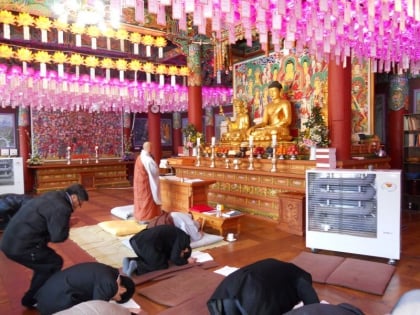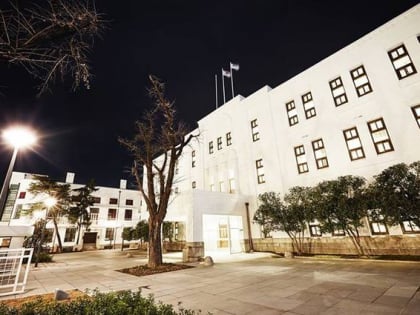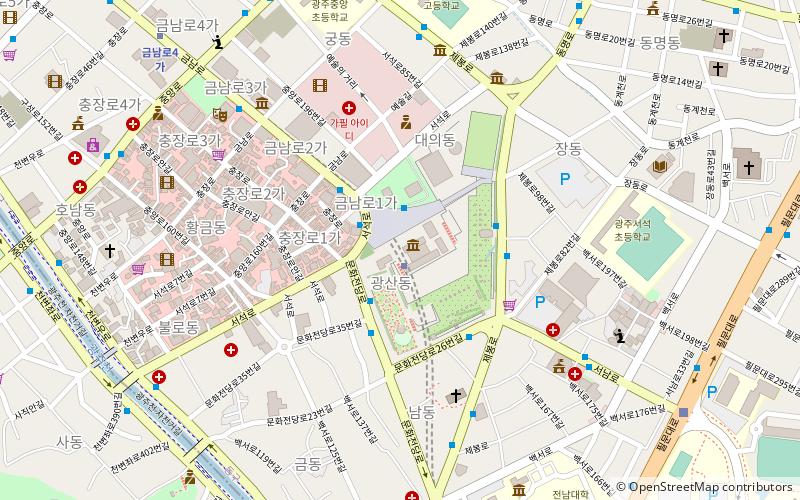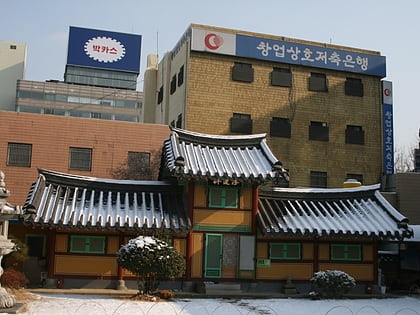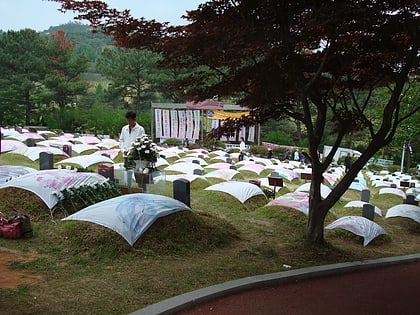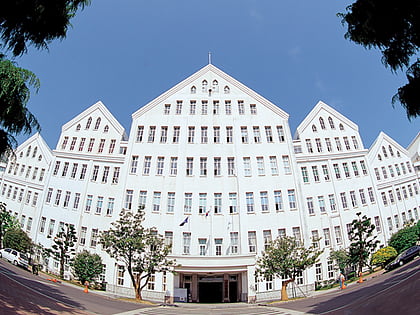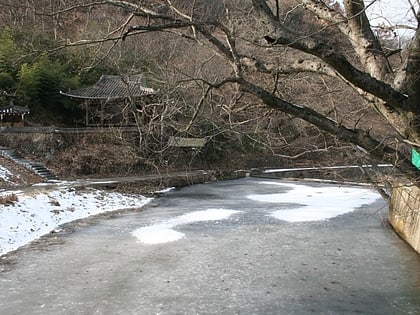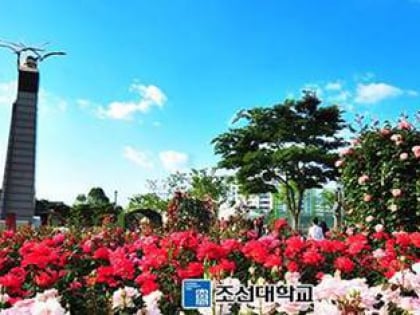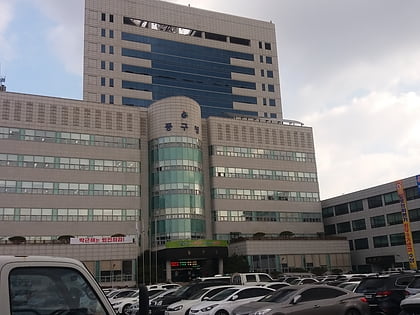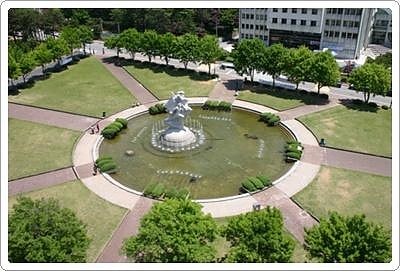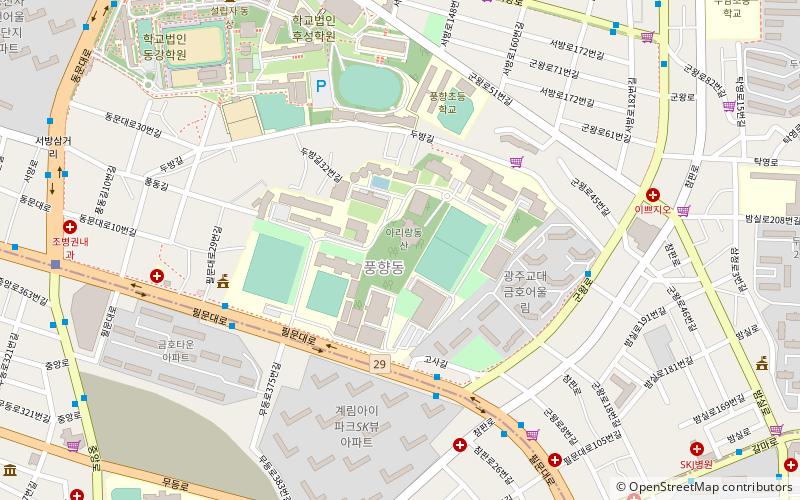Mudeungsan National Park, Gwangju
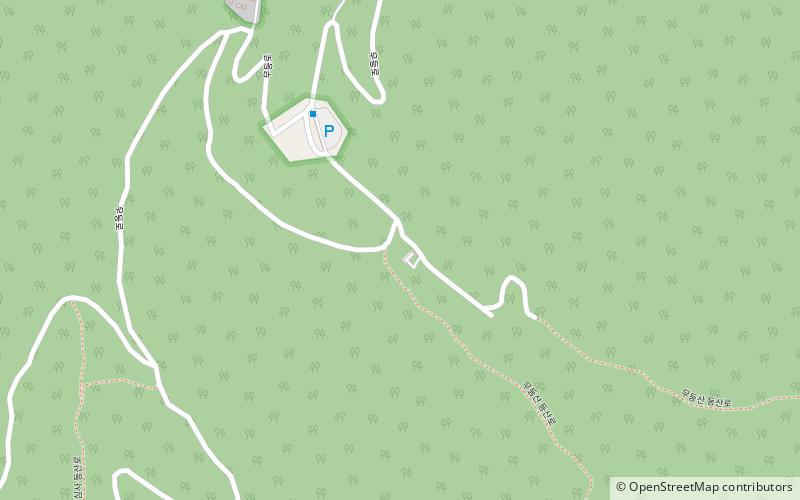

Facts and practical information
Mudeungsan National Park, cradled in the heart of Gwangju, South Korea, is a sanctuary of natural beauty and cultural heritage. This park is renowned for its majestic mountain peaks, with Mudeungsan Mountain as its centerpiece, rising to an elevation of 1,187 meters. Established as a national park in 2012, it has quickly become a favorite destination for hikers, nature enthusiasts, and those seeking a tranquil escape from the urban sprawl.
The park's landscape is a harmonious blend of rugged mountain terrain, lush forests, and serene valleys. It is home to an array of flora and fauna, some of which are rare and endemic to the region. The diverse ecosystem of Mudeungsan National Park is a testament to South Korea's commitment to preserving its natural wonders.
Visitors to the park can explore a network of well-maintained trails that offer varying levels of difficulty, catering to both seasoned hikers and casual walkers. The most notable peaks within the park, Cheonwangbong, Jiwangbong, and Inwangbong, known collectively as the "Jeongsang Three Peaks," provide panoramic views of the surrounding landscape that are particularly breathtaking during sunrise and sunset.
Mudeungsan National Park is not only a haven for natural beauty but also a site of significant historical and cultural importance. The park features ancient Buddhist temples, stone pagodas, and rock carvings that reflect the spirituality and artistry of past civilizations. Among these cultural treasures is the Jeungsimsa Temple, a place of quiet reflection and historic significance.
The park is accessible year-round, offering a different experience with each season. In spring, the mountain slopes are adorned with cherry blossoms and azaleas, while autumn brings a vibrant display of red and yellow foliage. Winter transforms the landscape into a snowy wonderland, attracting those who find beauty in the quietude of nature's rest.
Mudeungsan National Park – popular in the area (distance from the attraction)
Nearby attractions include: Asia Culture Center, Gwangju Castle, Wongaksa, May 18 Archives.
